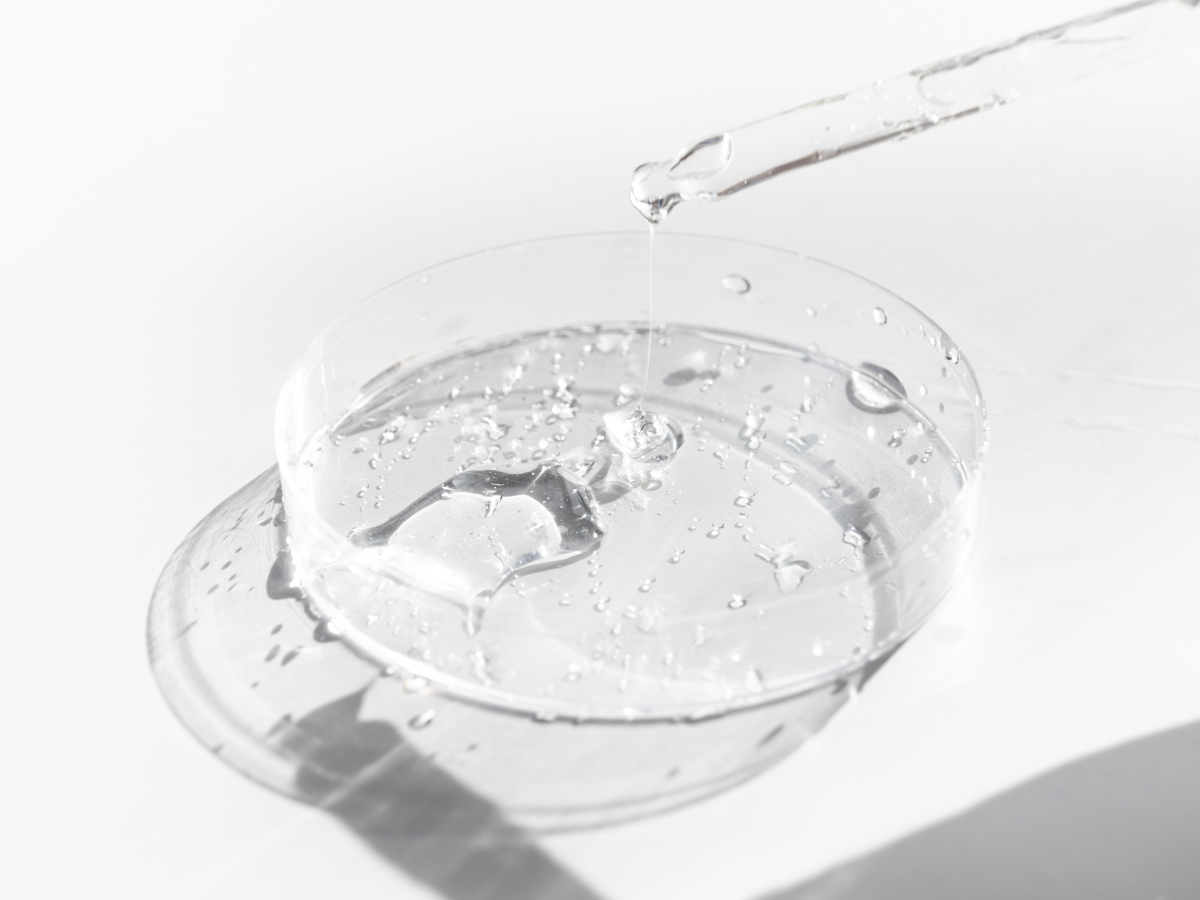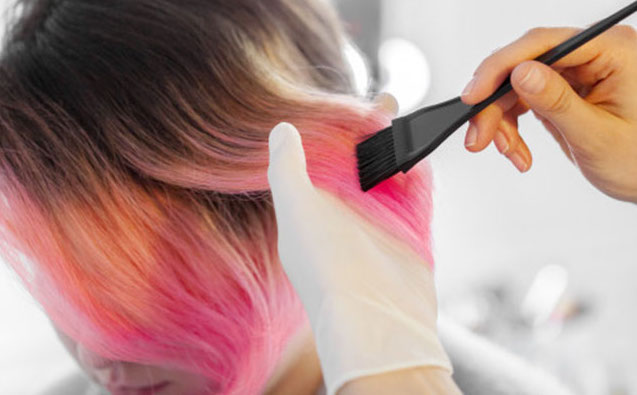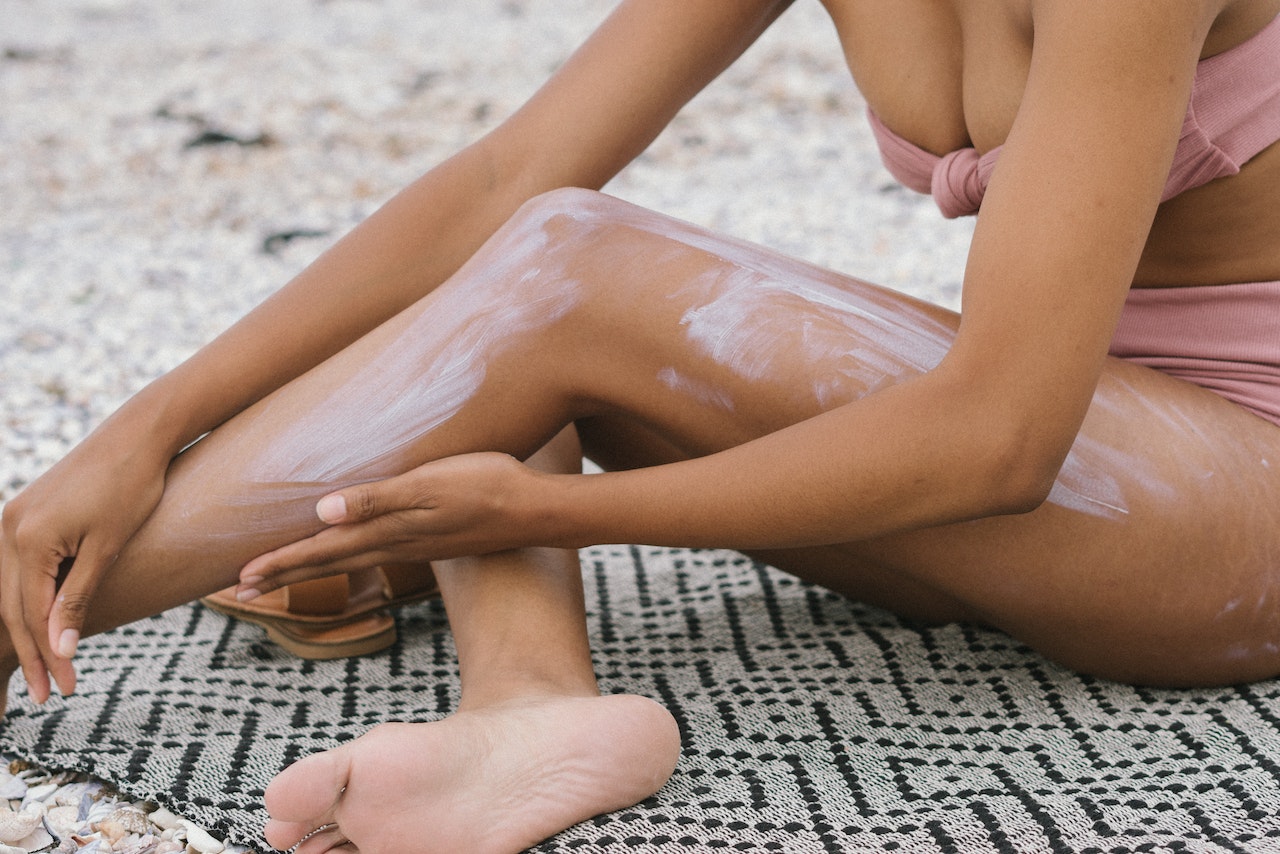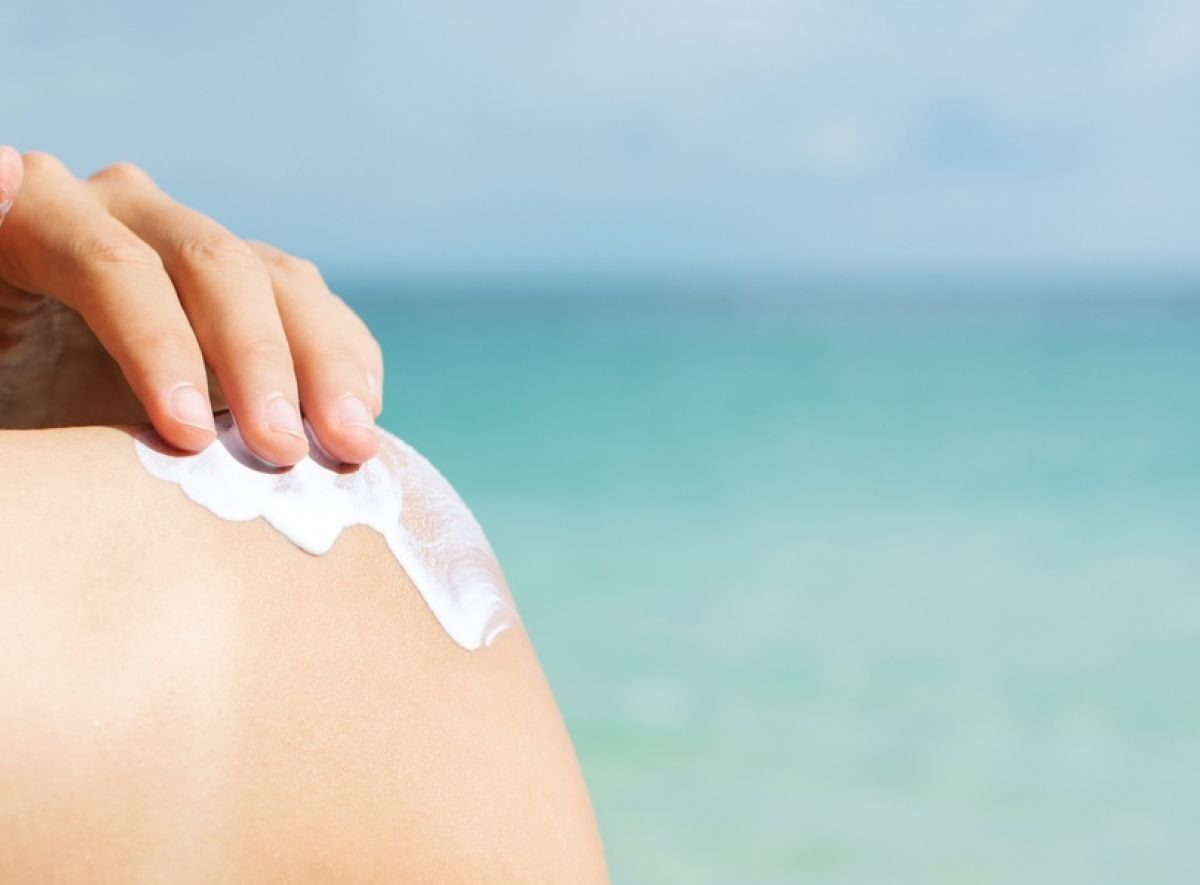CANNABIS PLANT AND CANNABIDIOL
Cannabidiol (CBD) is one of many different cannabinoids found and extracted from hemp (Cannabis sativa or Cannabis indica). Cannabidiol is normally located in the aerial parts of the plants (flowers, stems and leaves) and not in the roots or seeds. Although CBD is chemically similar to Tetrahydrocannabinol (THC), Cannabidiol does not cause a psychoactive effect (e.g. euphoric effects). Cannabigerol (CBG), another cannabinoid extracted from the plant, is a precursor molecule that can converted into other cannabinoids (like THC and CBD) during plant growth and is gaining more and more attention by consumers and the cosmetic industry. (see previous post)
The World Health Organization (WHO) concluded on its Critical Review Report on CBD that this cannabinoid is generally well tolerated with a good safety profile. Several countries have adapted and modified their regulations to allow the use of CBD in a variety of products.
CBD IN ISRAEL
Israel is considered one of the world leaders in medical cannabis consumption. Nevertheless, Israel has stringent regulations regarding the research, cultivation, processing, distribution and sale of cannabis.
The Israel’s Health Ministry issued a press release indicating the a Committee for evaluating the impact of excluding materials or products that contain CBD from the Dangerous Drugs Ordinance began operating. The press release also invited any parties of interest to present their position by email (until 28 December 2021).
The Committee is evaluating the impact of revoking the definition of CBD as a dangerous drug (under the Dangerous Drug Ordinance) in a way that will allow the sale of products containing this ingredient. Particular emphasis will be given to the potential use of CBD in the food and cosmetic industry.
How different countries approach the use of CBD will be analyzed by the Committee, as well as, necessary safety limits and how to ensure the implementation of the rules.
If you need any information regarding cosmetic products containing CBD and the applicable regulations, please do not hesitate to contact us at info@criticalcatalyst.com.
References:
- Ministry of Health. The Committee for Evaluating the Impact of Excluding Materials or Products that Contain CBD from the Dangerous Drugs Ordinance Began Operating and Invites any Parties of Interest to Present Their Position. . Press Releases. 22.12.2021.
- Israel to look into legalizing CBD. The Jerusalem Post. December, 2021.
- World Health Organization. Cannabidiol (CBD) – Critical Review Report. Expert Committee on Drug Dependence Fortieth Meeting. 2018














